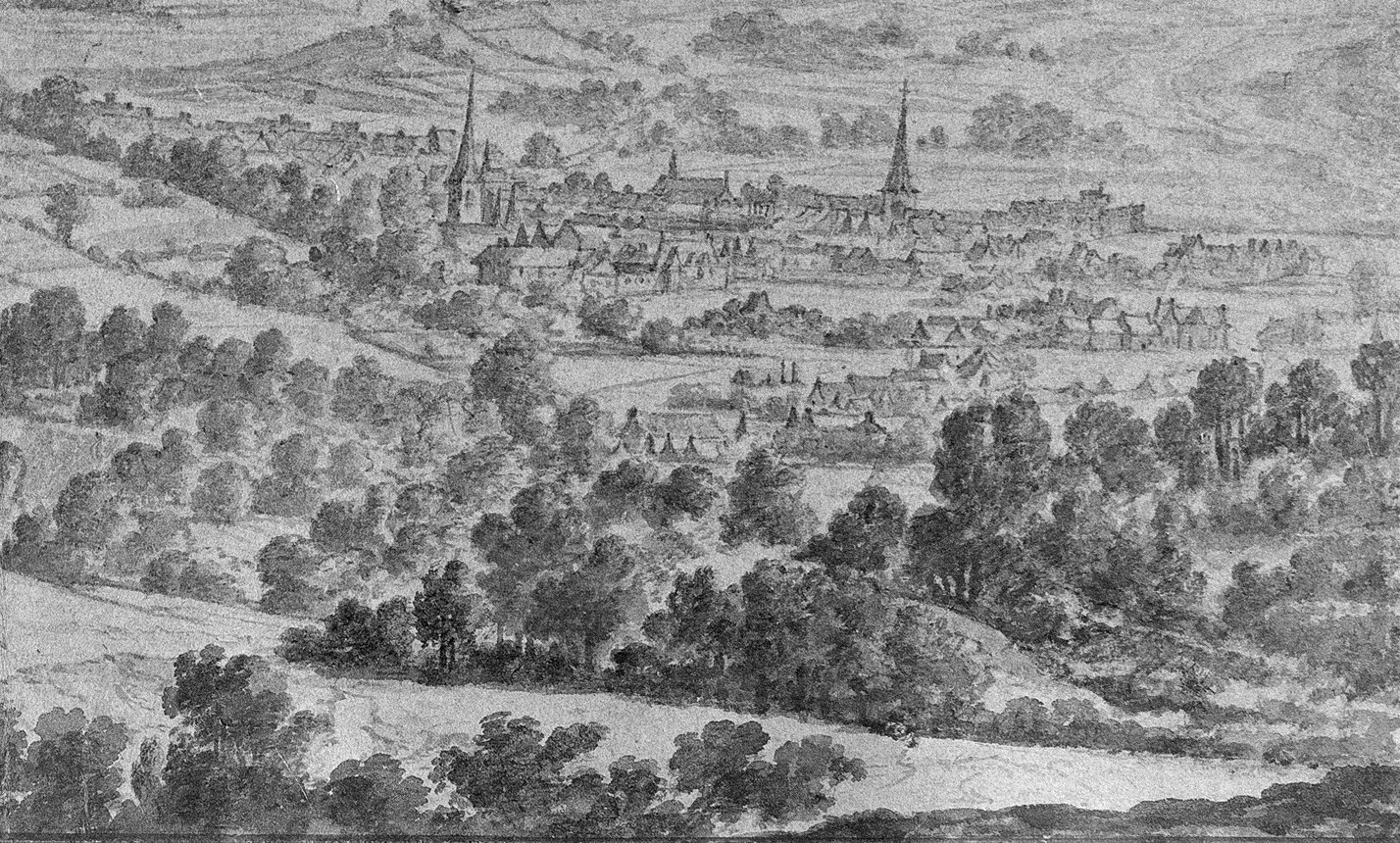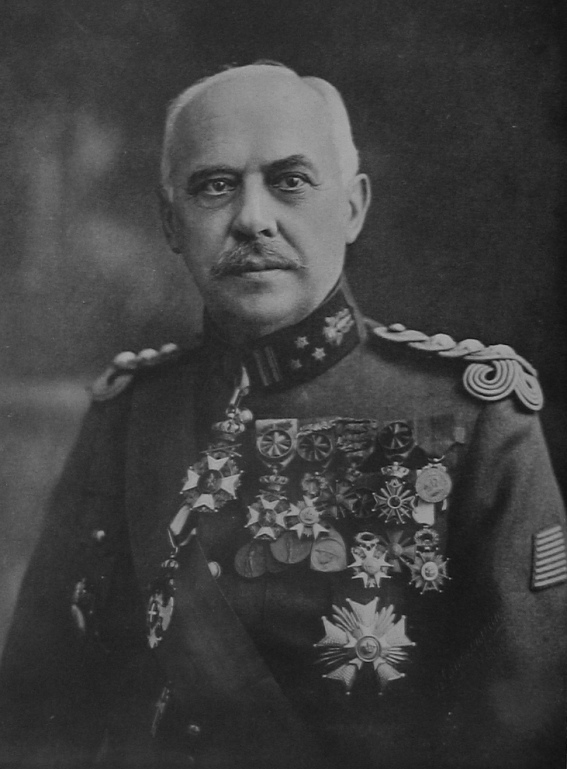When the Treaty of Versailles came into force in 1920, this gave Belgium sovereignty over the Prussian districts of Eupen and Malmedy, created in 1815. General Herman Baltia was appointed High Commissioner and Governor of the area. His decisions set the course for the future of present-day East Belgium for twenty years. The High Commissioner had almost unlimited and indefinite powers in Eupen-Malmedy-Sankt Vith. This enabled him to gradually introduce Belgian legislation and to adapt the new territories to the Belgian educational, legal, and economic systems. Other tasks of the transitional government were the implementation of organising the ‘public expression of opinion’ that led to the annexation to Belgium, the reorganisation of the administration of the territories under his control and the preparation of the definitive annexation of the territory.
Baltia, who was the son of a general of Luxembourgish descent and a German mother, studied political science at the University of Liège and then trained at the École Royale Militaire and the École de Guerre. After completing his studies, he decided to enter the military profession and was appointed sub-lieutenant in the 11th Line Regiment in 1885. In 1890, he was transferred to the War Academy and left with the patent of general staff officer. Before the First World War, he was in the Belgian Colonial Service. At the outbreak of the war, he was first general staff officer of the 1st Belgian Cavalry Division. Promoted quickly during the conflict and decorated several times, he was promoted to lieutenant general on 28 March 1919. After becoming commander of the 9th Infantry Division, which consisted of the 14th Infantry Regiment and the 1st and 4th Raiders on foot, he was appointed Governor of Eupen-Malmedy on 22 October 1919 because of his knowledge of German and his organisational skills.
Baltia is not without controversy, notably because of the ‘public expression of opinion’ in the Eastern Cantons established by the Treaty of Versailles and which he carried out, the censorship exercised by his government, and, in some cases, alleged attempts at assimilation. In order to integrate the Eastern Cantons into the Belgian state structure, Baltia was vested with legislative and executive powers. The governor was only subordinate to the then prime minister. Prime Minister Léon Delacroix wrote the general a letter shortly before his appointment, from which one sentence is deeply etched in the collective memory of German-speaking Belgians: ‘Prenez soin que tout marche sans problème et que les coûts restent raisonnables. Vous serez comme le gouverneur d’une colonie qui est directement en contact avec la patrie.’ (Eng.: Make sure that everything runs smoothly and that the costs remain reasonable. You will be like the governor of a colony that is in direct contact with the motherland).
Nevertheless, Baltia was able to use his special powers to solve a number of language and integration problems. The Belgian authorities, on the other hand, who took the helm in 1925 after the abolition of the so-called General Government of Baltia, often disregarded the special status and associated sensitivities of the new fellow citizens. Baltia’s actions permanently changed East Belgium. He reshaped political life in what is now East Belgium and adapted it to Belgian realities.
Sources
Heinz Doepgen, Die Abtretung des Gebietes von Eupen-Malmedy an Belgien im Jahre 1920, Bonn, Ludwig Röhrscheid, 1966, p. 60.
Els Herebout (ed.), Generalgouverneur Herman Baltia. Memoiren 1920-1925, Brüssel, Generalstaatsarchiv, 2011 (Quellen und Forschungen zur Geschichte der deutschsprachigen Belgier, vol. 5).
Jacques Willequet, ‘Baltia, Herman (baron)’, in: Biographie Nationale, Bruxelles, Emile Bruylant, 1984, vol. 40, pp. 17-21.

